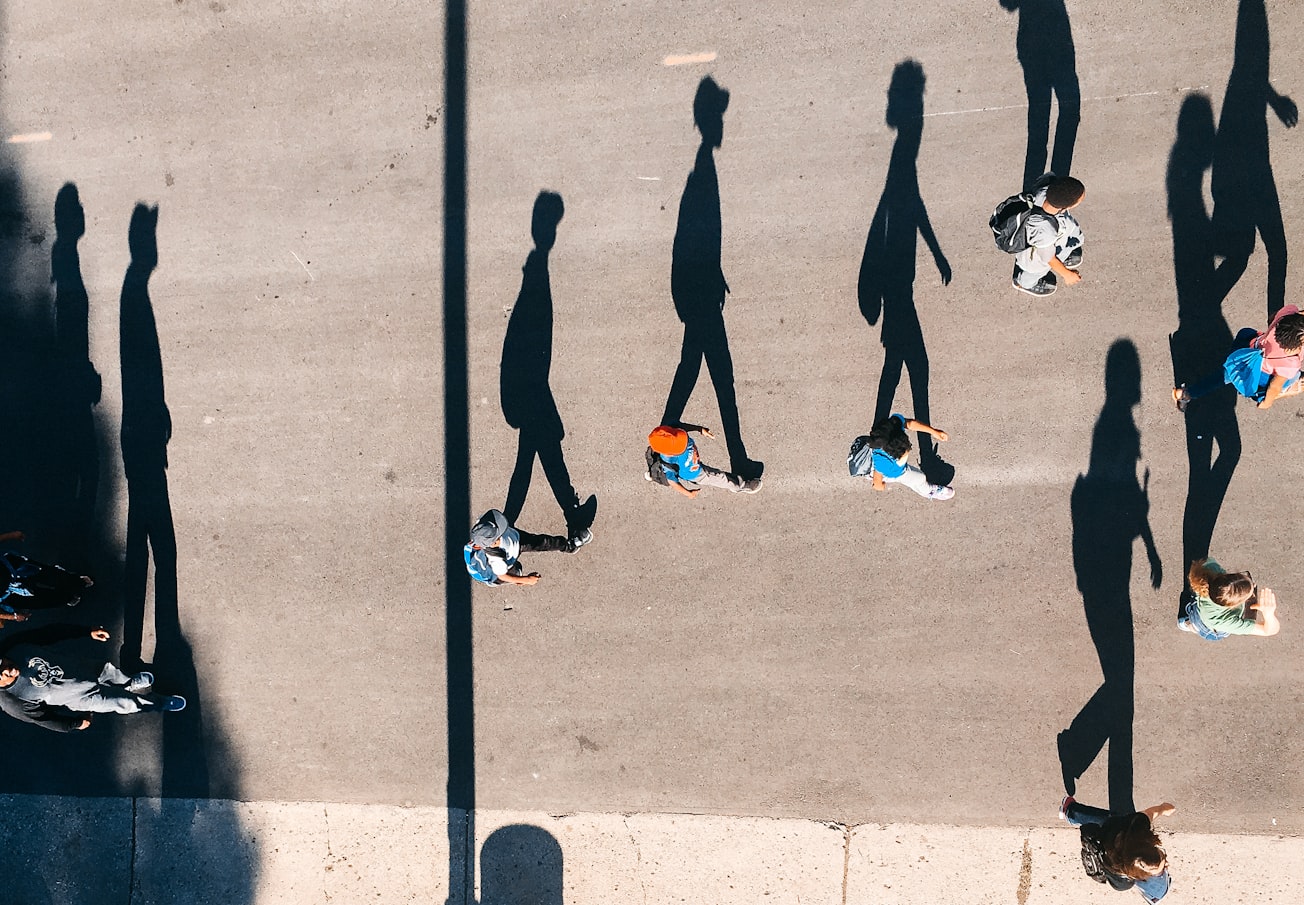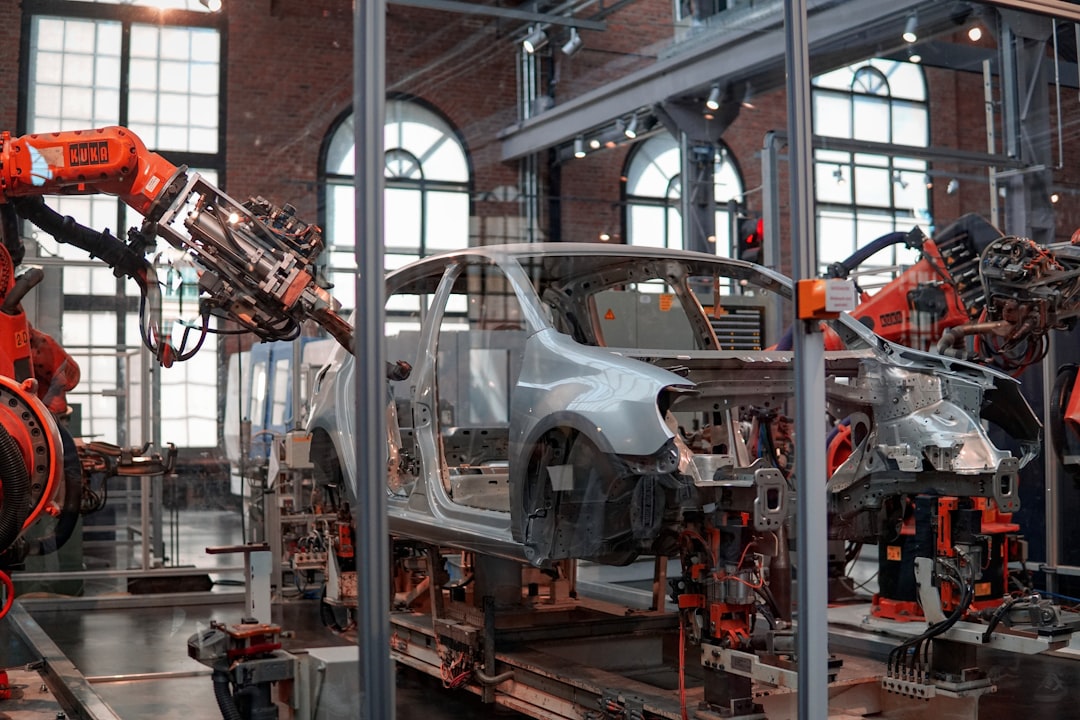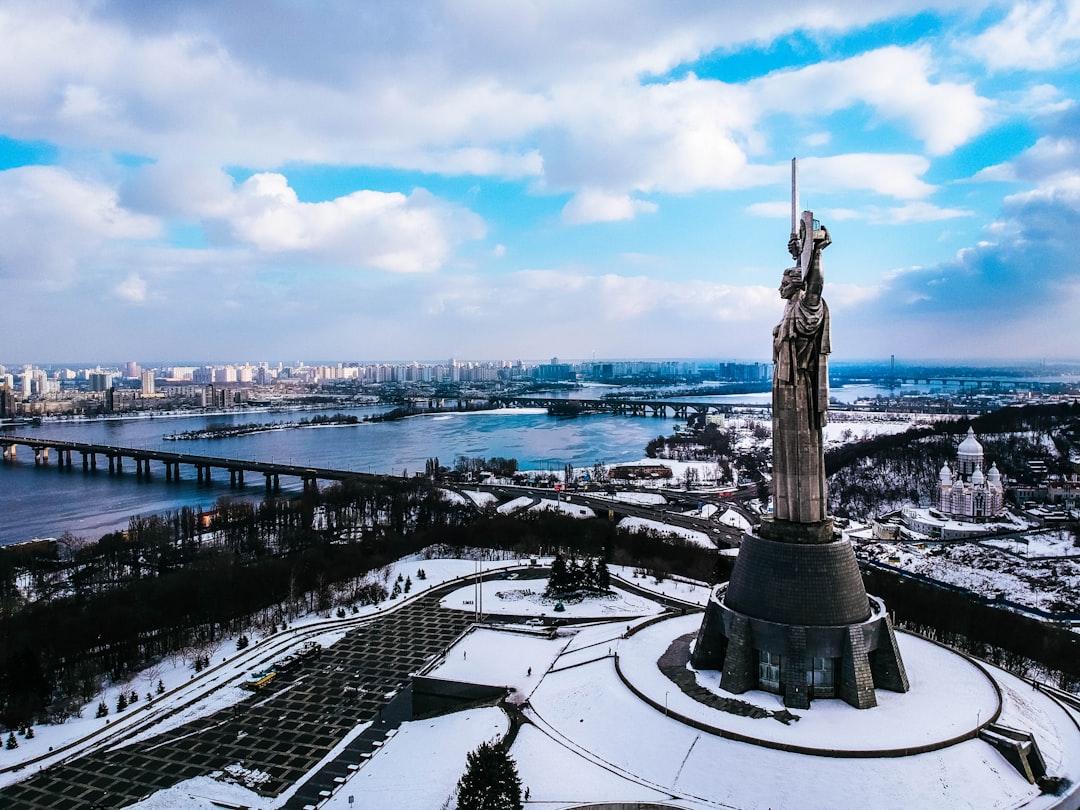What is it about?
Today, there are many new ways of participating in democracy. Beyond voting, we can participate in citizens' assemblies, in social movements or local initiatives. But when we engage with other people, we judge each other by our looks. Gender, race, socioeconomic status and other factors influence how we perceive each other. This imposes hierarchies within participatory processes that aspire to realize freedom and equality as core values of democracy. Our everyday identities also limit how we can express ourselves. As we know that we are judged by others in a certain way, we cannot fully express the many aspects of our inner selves. This article seeks ways of overcoming problems of discrimination and identity confinement within participatory processes. It develops the notion of a politics of becoming, in which we can express different sides of our selves by dis-identifying with the identities that are ascribed to us by society.
Featured Image

Photo by Tom Barrett on Unsplash
Why is it important?
The ideal of democracy holds that we should all be free and equal in political decision-making. The prejudice we hold toward each other, however, stand in the way of this ideal. We need to find ways to live our inner multiplicity.
Read the Original
This page is a summary of: The politics of becoming: Disidentification as radical democratic practice, European Journal of Social Theory, July 2020, SAGE Publications,
DOI: 10.1177/1368431020935781.
You can read the full text:
Resources
Contributors
The following have contributed to this page










